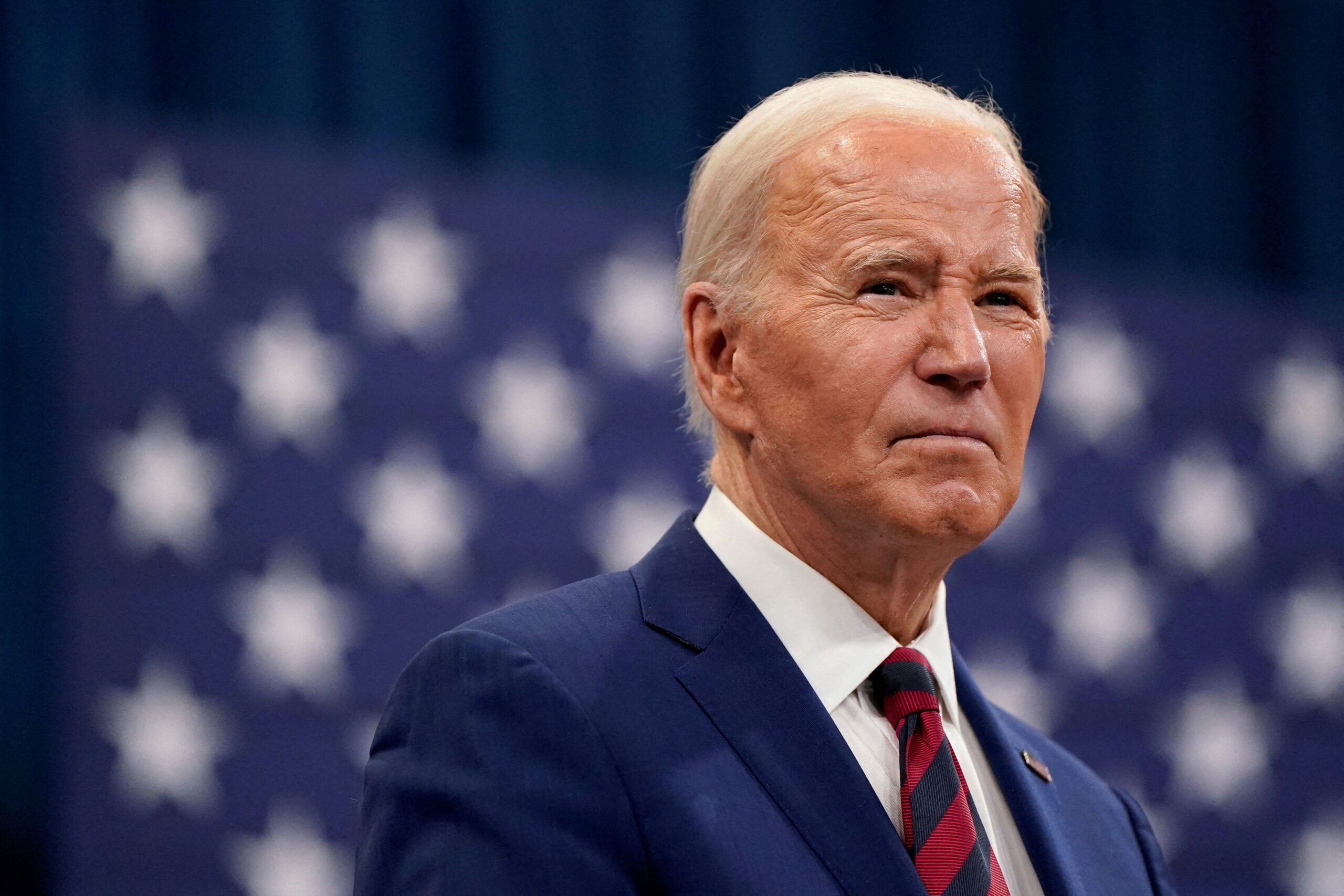President Joe Biden is reportedly expressing regret over his decision to withdraw from the 2024 presidential race, privately asserting that he could have defeated President-elect Donald Trump if he had remained a candidate. Biden’s withdrawal in mid-2024 marked a significant turning point in the election cycle, leading to a contentious general election and a surprising Republican victory.
The Decision to Step Aside
In July 2024, Biden announced he would not seek reelection amid growing concerns from Democratic Party leaders about his age, approval ratings, and performance during the primary debates. At the time, Biden cited his commitment to party unity and his belief that Vice President Kamala Harris could carry forward his administration’s accomplishments.
“Kamala has the experience, the leadership, and the vision to continue the work we’ve started,” Biden said during his announcement, adding, “It’s time to pass the torch to the next generation.”
The decision came after months of speculation about whether Biden, at 82 years old, would pursue a second term. Despite significant legislative achievements during his presidency, including major climate initiatives, economic recovery efforts, and bipartisan infrastructure investments, challenges such as inflation, border security, and foreign policy setbacks weighed heavily on his administration’s public perception.
Hindsight and Regret
According to sources close to the President, Biden has confided in aides and friends that stepping aside may have been a mistake. He reportedly believes his decades of political experience and track record in office would have resonated with voters and provided a stark contrast to Trump, whose policies and rhetoric remain polarizing.
“Joe feels like he was unfairly pushed out,” said one insider familiar with the discussions. “He genuinely believes he was the best person to beat Trump and that he could have won if given the chance.”
Biden’s doubts have reportedly deepened following Harris’s loss in the November election. While Harris energized certain parts of the Democratic base, she struggled to connect with swing voters in critical battleground states like Wisconsin, Pennsylvania, and Georgia. Trump’s victory marked a significant shift in the political landscape, returning him to the White House after a single term out of office.
A Tumultuous Campaign Season
The 2024 Democratic primary was marked by internal divisions and mounting pressure on Biden to step aside. Concerns about his age and stamina dominated headlines, and his lackluster performance during the first primary debate fueled speculation about his ability to mount a strong reelection campaign.
After Biden’s withdrawal, Harris emerged as the Democratic nominee, pledging to build on the administration’s successes while offering a fresh perspective. Despite these efforts, the general election campaign faced hurdles, including low enthusiasm among key voter demographics and persistent attacks from the Republican Party framing the Democratic agenda as disconnected from everyday Americans.
Democratic Party Soul-Searching
Harris’s defeat has prompted intense discussions within the Democratic Party about its leadership and campaign strategy. Some party members argue that Biden’s decision to step aside created an uphill battle for Democrats, particularly given his established reputation and ability to connect with working-class voters. Others contend that a new face was necessary to reinvigorate the party and appeal to younger voters.
“Joe Biden brought stability and dignity back to the White House after Trump’s tumultuous term,” said one Democratic strategist. “But the party needed to show it could evolve and move forward. It’s a delicate balance, and unfortunately, we didn’t get it quite right.”
Trump’s Return to Power
Trump’s victory in 2024 marks a historic comeback, as he becomes only the second U.S. president to win a non-consecutive second term. His campaign focused heavily on economic populism, immigration reform, and cultural issues, resonating with his loyal base and flipping key states that had narrowly supported Biden in 2020.
Trump’s return to power has left Democrats grappling with the question of how to counter his influence while preparing for the 2028 election. Many within the party are calling for a reassessment of their strategy, including messaging, candidate selection, and outreach to diverse voter blocs.
Looking Ahead
As Biden nears the end of his presidency, his legacy will likely be shaped by his achievements in office as well as the dynamics of his decision to step aside in 2024. For now, the Democratic Party faces a critical juncture, with the challenge of rebuilding after a defeat and preparing to confront a resurgent Trump administration.
Biden’s reflections on the election underscore the complexities of leadership in a polarized political landscape, where decisions made in the heat of the moment can reverberate for years to come.
Sources:
- Fox News: Biden regrets dropping out of the 2024 race
- New York Post: Biden’s decision to step aside under scrutiny
- Time: Why Joe Biden decided not to run

